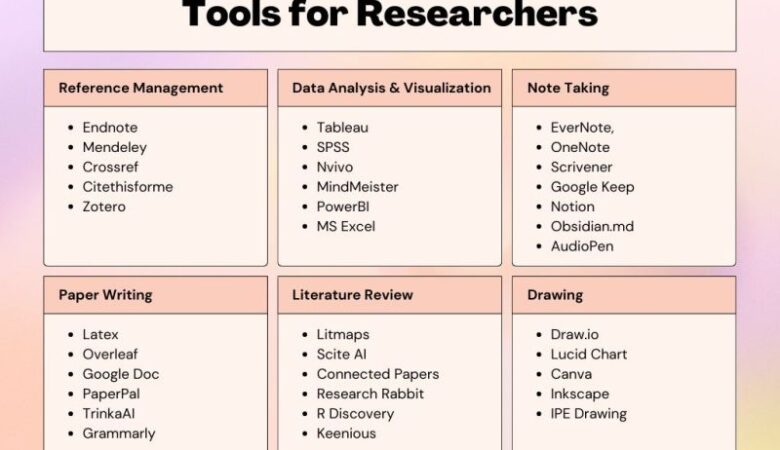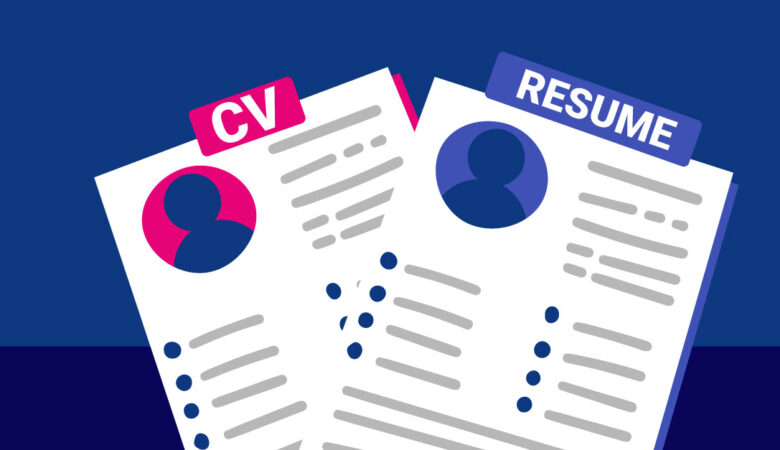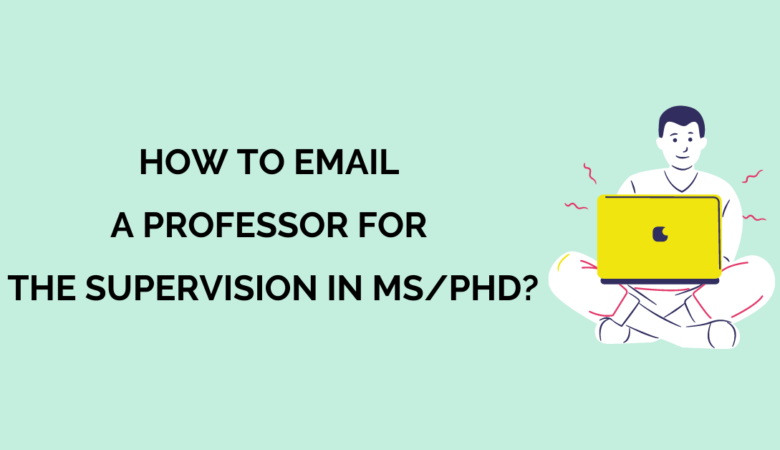Sweden has long punched above its weight on the world stage—from its Viking heritage and medieval kingdoms to Nobel Prizes, IKEA, Volvo, and ABBA. Today, it’s celebrated for its high quality of life, social justice, and cutting-edge education system. International students flock to Sweden for its tuition-free universities (for EU/EEA), low-fee programs, and fully funded scholarships for non-EU nationals.
In this comprehensive guide, you’ll discover:
- Top universities in Sweden for 2025
- Affordable institutions & scholarship opportunities
- Step-by-step application via Universityadmissions.se
- Student visa requirements and residence permits
- Cost of living breakdown and work-study options
- Post-study work visas and career pathways
Whether you dream of walking the cobbled streets of Uppsala, coding at KTH Royal Institute of Technology, or researching at Karolinska Institutet, this guide will help you study in Sweden with confidence.
Why Study in Sweden?
Free Tuition for EU/EEA Students
All public universities in Sweden charge no tuition fees for EU/EEA and Swiss citizens, making it one of the world’s last havens for free higher education.
Low-Fee & Scholarship Options for Non-EU Students
Non-EU students pay SEK 90,000–150,000/year (~$9,000–$15,000) but can access Swedish Institute Scholarships, university grants, and private funds that cover tuition and living costs.
English-Taught Programs
Over 900 Master’s and 200 Bachelor’s programs in English span STEM, business, humanities, and social sciences.
Innovation & Research Excellence
Home to the Nobel Prize, Sweden invests heavily in R&D, consistently ranking high in Global Innovation Index.
High Quality of Life
Ranked among the world’s happiest and safest countries, with universal healthcare, paid parental leave, and a small gender wage gap.
Work-Study & Post-Study Opportunities
Students can work 20 hours/week, switch to full-time during holidays, and non-EU graduates can apply for a job seeker permit to stay up to 2 years post-graduation.
Sweden’s Premier Universities
Sweden boasts eight institutions in the QS World University Rankings 2023, including three in the top 150 globally. Here are the Top 3:
1. Lund University
- QS Rank 2023: #78 globally
- Highlights:
- Founded in 1666; 42,000+ students, 20% international
- Strong in life sciences, engineering, social sciences
- Over 600 Erasmus+ partnerships
2. KTH Royal Institute of Technology
- QS Rank 2023: #98 globally
- Highlights:
- Sweden’s top engineering & IT university
- Located in Stockholm with direct industry links
- Tuition-free for EU/EEA; scholarships for others
3. Uppsala University
- QS Rank 2023: #112 globally
- Highlights:
- Founded in 1477, Sweden’s oldest institution
- Member of the Coimbra Group
- Offers 400+ programs, 50+ in English
5 Affordable Universities for International Students
Even with tuition fees, these institutions offer competitive living-cost scholarships and low-fee programs:
Karolinska Institutet (Medical & Health Sciences)
Stockholm University (Social Sciences & Environment)
Chalmers University of Technology (Engineering & Design)
Linköping University (Interdisciplinary Programs)
Umeå University (Biomedicine & Sustainability)
Many provide partial-tuition or full scholarships, plus semester fees (≈SEK 300–900) that grant access to student unions, health services, and sports facilities.
Scholarships in Sweden 2025–26
🔹 Swedish Institute Scholarships (SI)
- Coverage: Tuition + living stipend + travel grant + insurance
- Eligibility: Master’s programs; candidates from 135 eligible countries
- Deadline: Mid-January
🔹 University-Specific Scholarships
- Lund University Global Scholarship
- KTH Scholarship
- Uppsala Global Scholarships
🔹 External & Private Funds
- Erasmus Mundus Joint Master Degrees
- Wallenberg Global Fellowships
- Fulbright-Sweden (for U.S. citizens)
Tip: Apply to multiple scholarships and keep your CV and motivation letter ready.
How to Apply: Universityadmissions.se
Sweden uses a centralized application portal for most public universities:
Create an account at Universityadmissions.se
Select up to four programs per university
Upload documents:
- Passport copy
- Transcripts & degree certificates
- Proof of English (IELTS 6.5+ / TOEFL 90+)
- CV & motivation letter
- Letters of recommendation
Pay application fee: SEK 900 (non-Nordic applicants)
Submit before mid-January for autumn intake (starts late August)
Receive admission notifications in March–April
Note: Private institutions like BI Norwegian Business School have direct applications.
Sweden Student Visa & Residence Permit
EU/EEA/Swiss Citizens
- No visa required.
- Register your stay with the Swedish Tax Agency (Skatteverket).
Non-EU/EEA Students
- Apply for Residence Permit at Migration Agency: SEK 1,000 application fee.
- Required Documents:
- Acceptance letter from a Swedish university
- Proof of funds: SEK 8,568/month (blocked account or scholarship letter)
- Health insurance (if program < 1 year)
- Passport valid for entire stay + 3 months
- Processing Time: 1–3 months
- Work Rights: 20 hours/week; full-time during breaks
Cost of Living in Sweden
| Expense | Monthly Cost (SEK) | Monthly Cost (EUR) |
|---|---|---|
| Accommodation (shared) | 3,500 – 6,000 | €320 – €550 |
| Food & Groceries | 2,000 – 3,000 | €180 – €270 |
| Transport (student pass) | 300 – 700 | €27 – €64 |
| Leisure & misc. | 1,000 – 2,000 | €90 – €180 |
| Total | 6,800 – 11,700 | €620 – €1,060 |
Money-saving Tips:
- Cook at home; buy in bulk
- Use student discounts for travel and culture
- Join student unions for subsidized activities
Work While Studying
- Part-time: up to 20 hours/week
- Full-time: during semester breaks
- Average wage: SEK 120–160/hour (€11–€15)
Popular jobs: retail, café/barista, campus assistant, tutoring, internships in tech or biotech.
Post-Study Work & Career Pathways
Job Seeker Permit: stay up to 2 years after graduation
Permanent Residency: after 5 years of continuous residence
Highly Skilled Shortage Occupations: priority processing
Sweden’s booming sectors—ICT, clean energy, life sciences, and start-ups—offer ample career opportunities for graduates.
Why Study in Sweden?
Innovation-Driven Education: home to Spotify, Ericsson, and H&M
Sustainability Focus: courses in renewable energy, urban planning, and climate policy
Global Networking: through Erasmus+, Nordplus, and international research grants
Equality & Safety: among the world’s safest and most gender-equal nations
Natural Beauty: fjords, forests, midnight sun, and northern lights
FAQs
Q: Is Sweden good for international students?
A: Absolutely! With English-taught programs, free tuition (for EU), and a welcoming society, Sweden tops many “best study abroad” lists.
Q: Can I study in Sweden for free?
A: EU/EEA/Swiss students pay no tuition. Non-EU students must pay fees but can apply for Swedish Institute Scholarships and university grants.
Q: How much bank balance is required for a Swedish student visa?
A: You need to show SEK 8,568/month for living expenses for each month of study.
Ready to study in Sweden and kick-start your global career? Explore programs on Universityadmissions.se and apply for the Swedish Institute Scholarships before mid-January!







Ms in Structural Engineering